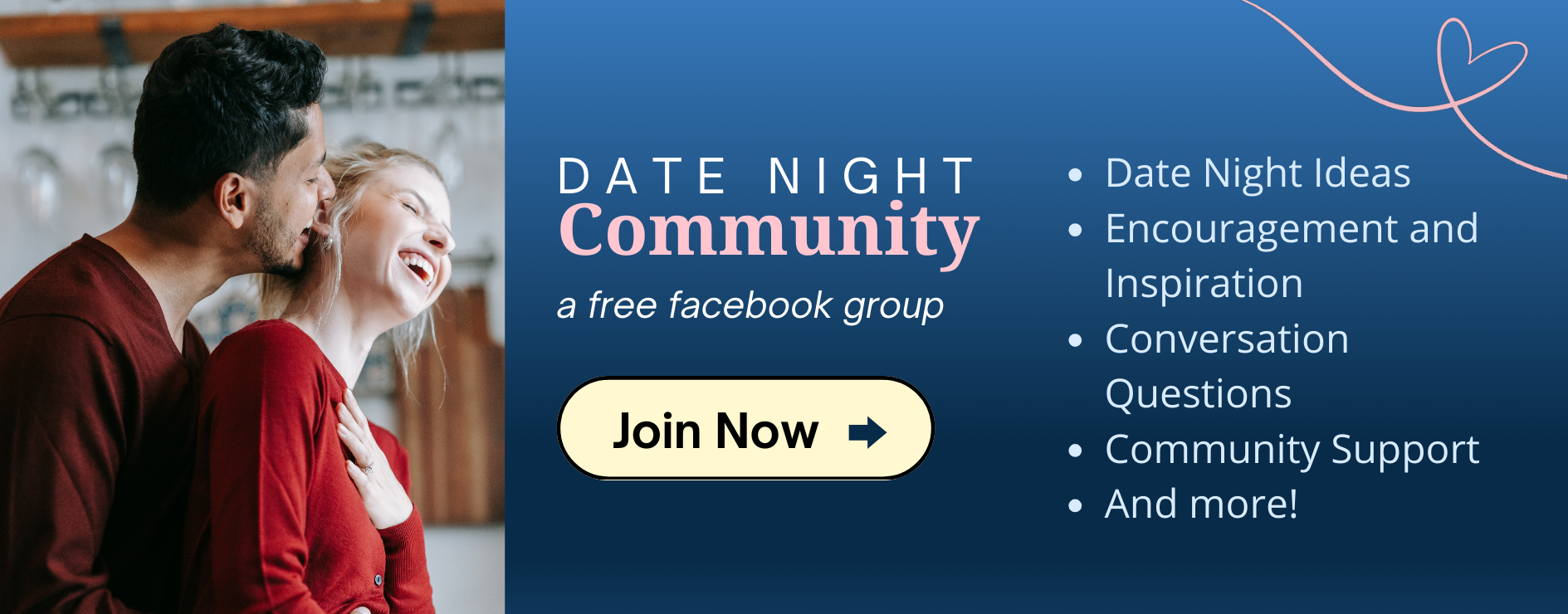A Conversation that Starts Harshly is Guaranteed to Derail.
A harsh start is when you toss a problem into a conversation like a grenade.
You throw it in there hoping your partner will hear it as a plea for help. You want them to apologize and agree to immediately change their behavior.
Instead, they feel criticized and start to defend their behavior.
Think back to your last argument. Do you remember what you were arguing about? If so, how did the problem come up?

Chances are, one of you blurted out what you were unhappy about.
Think of the power in changing the whole conversation just by shifting how you bring up the topic.
Of course, this isn’t as easy as knowing that how you bring up a topic will change how the conversation goes. You will need to put some thought and planning into making this change.
There are many strategies for shifting to a gentle start, and I will go through just one of those in detail here. I go through several other options when I work 1:2 with couples in coaching. We find the best fit from many possibilities for their individual situation. Here’s a strategy that works for many couples.
Try this strategy out and see if it works for you.
First, think about a problem and how you would like the situation to change. As much as possible, pinpoint the crux of the issue.

For example, instead of: “My partner is so lazy.”
The core problem is: “There are socks on the floor next to the bed and the dirty dishes aren’t put in the dishwasher.“
Focus on the specific thing that you want changed helps you focus the conversation. Once it’s focused, you can start gently.
Next, identify something related to the issue that you are happy about or you can thank your partner for.
If the problem is “My partner is lazy,” it is difficult to find a positive thing related to it.
When you identify the problem as: “My partner doesn’t pick up their socks or clean the dishes,” there are other examples when they pick up after themselves. You only need to identify one example of them doing something right to use this strategy.
For example: “I appreciate that I can always find the car keys. You always put them on the hook so I can find them. I want to talk about a couple of other areas of the house so they can work smoothly, too.”
Another example: “I see that you care about how well the house runs because you ____________ (take out the trash or put the kids to bed). I want to talk about the dirty clothes and dishes so those areas run as smoothly.”
Lastly, bring up an problem using your new strategy. Notice whether it gets you further in the conversation. You may need other tools to get all the way through the discussion. See if this one gets the conversation started.
When you focus on something positive before you address the problem, you shift the rest of the conversation. You turn down your partner’s defensiveness so they can hear you. Then, you can move towards understanding one another and solving the problem.
This strategy of focusing on the positive before bringing up the problem has added benefits for you, too. It reminds you that:
- Problems are normal in all relationships.
- Your relationship is much bigger than this problem.
Getting into arguments feels pretty lousy and rarely solves the problem. Arguments can even be a way to avoid the hard conversations.
For many couples, changing this small thing will shift the conversation. Once that happens, you can solve problems. If this doesn’t work for you, there are a dozen other ways to shift the beginning of the conversation. None of the strategies are complicated. But you have to intentionally do something different.
In order to make changes, you need to:
- pinpoint the place where things are going wrong,
- try a couple of strategies to learn what works for you, and
- troubleshoot when it doesn’t work smoothly the first time you try it.
This is the kind of skills and strategies approach I use in coaching to developing real closeness and connection in your relationship. Together, we identify the places where you and your partner 1) are getting off track, 2) try several strategies to change it, and 3) troubleshoot how well the strategy works to fix it. Sometimes there will be other issues attached to it such as relationship injuries from the past. We deal with those the same way.
If discussions quickly fall apart when you talk about the real issues in your relationship, join the Facebook Date Night Community to get tools to help.
